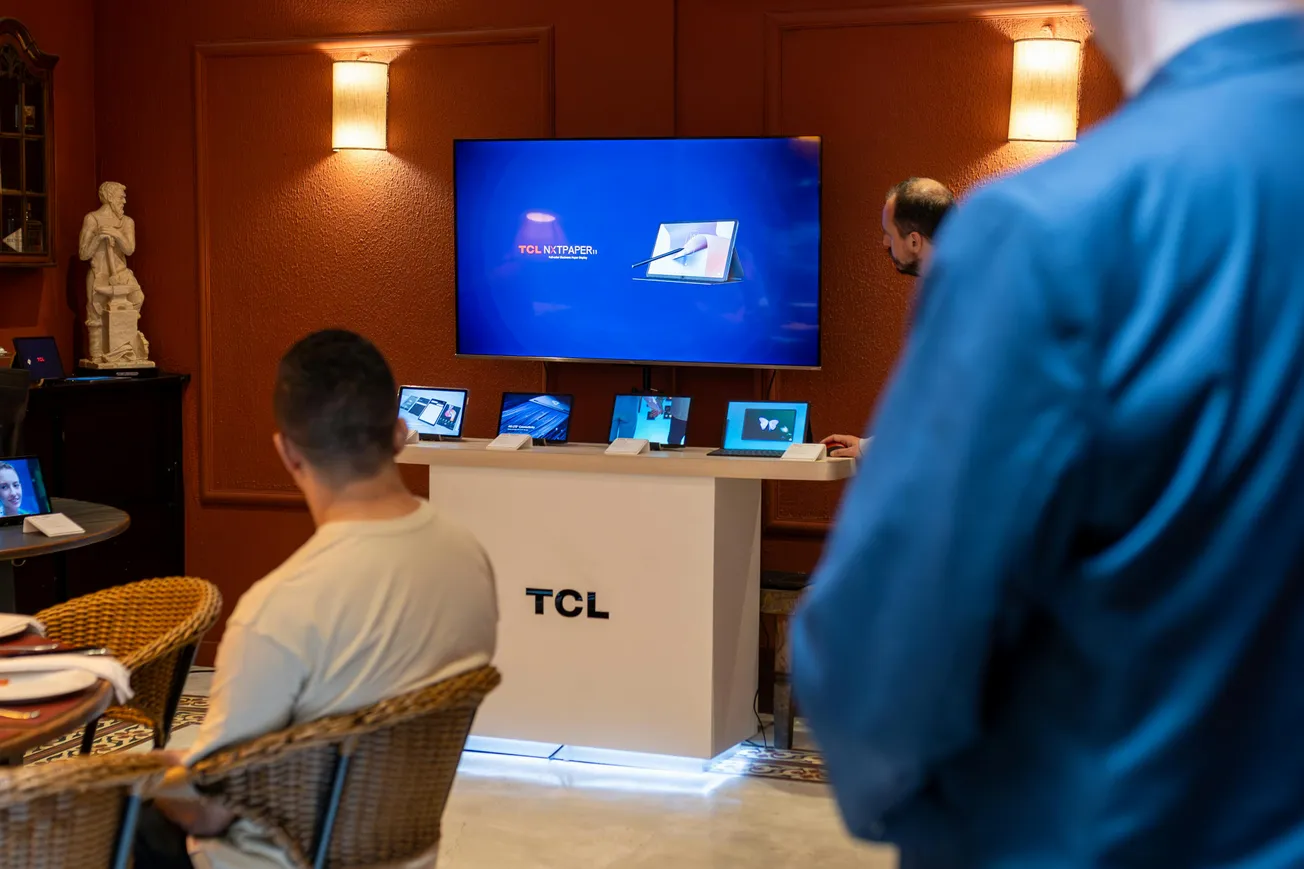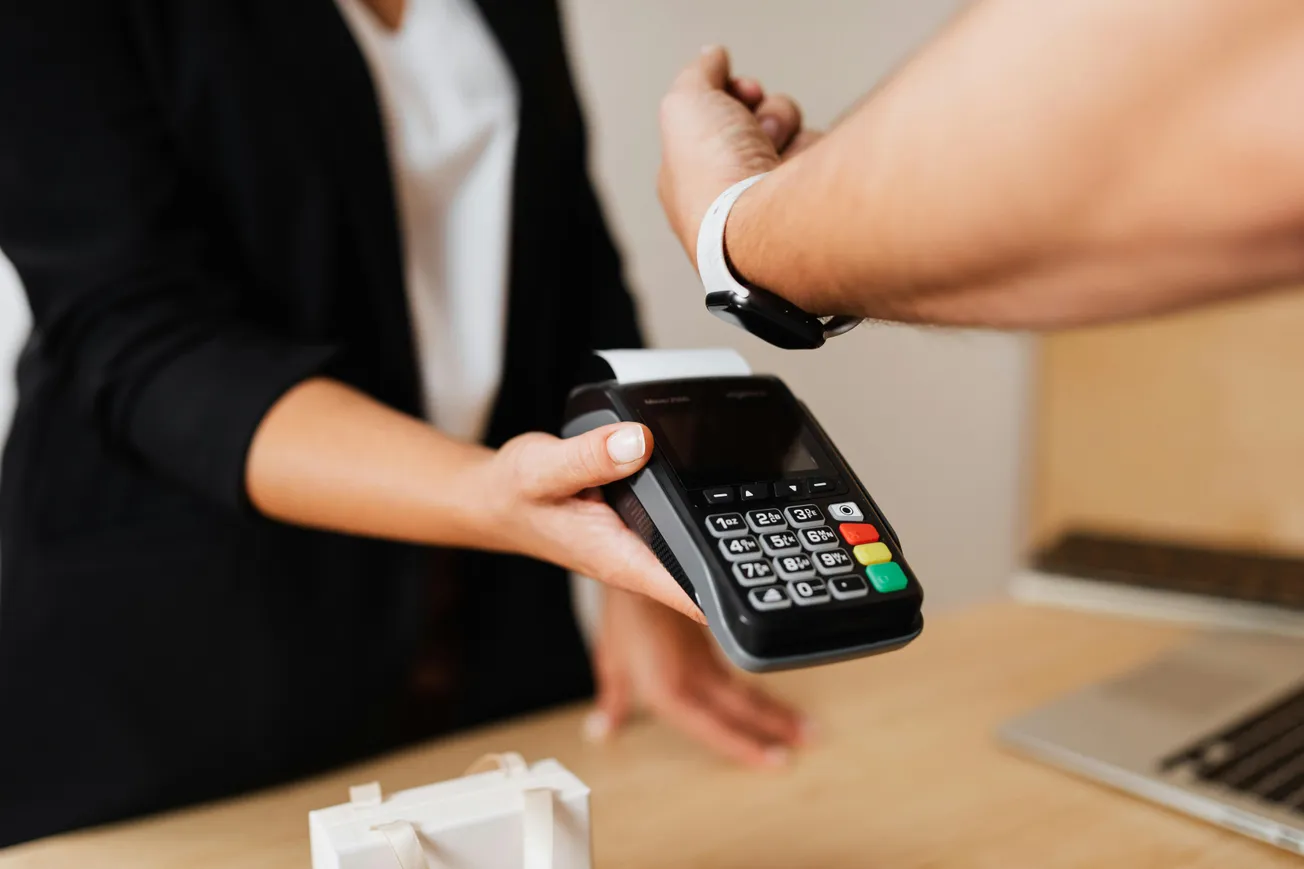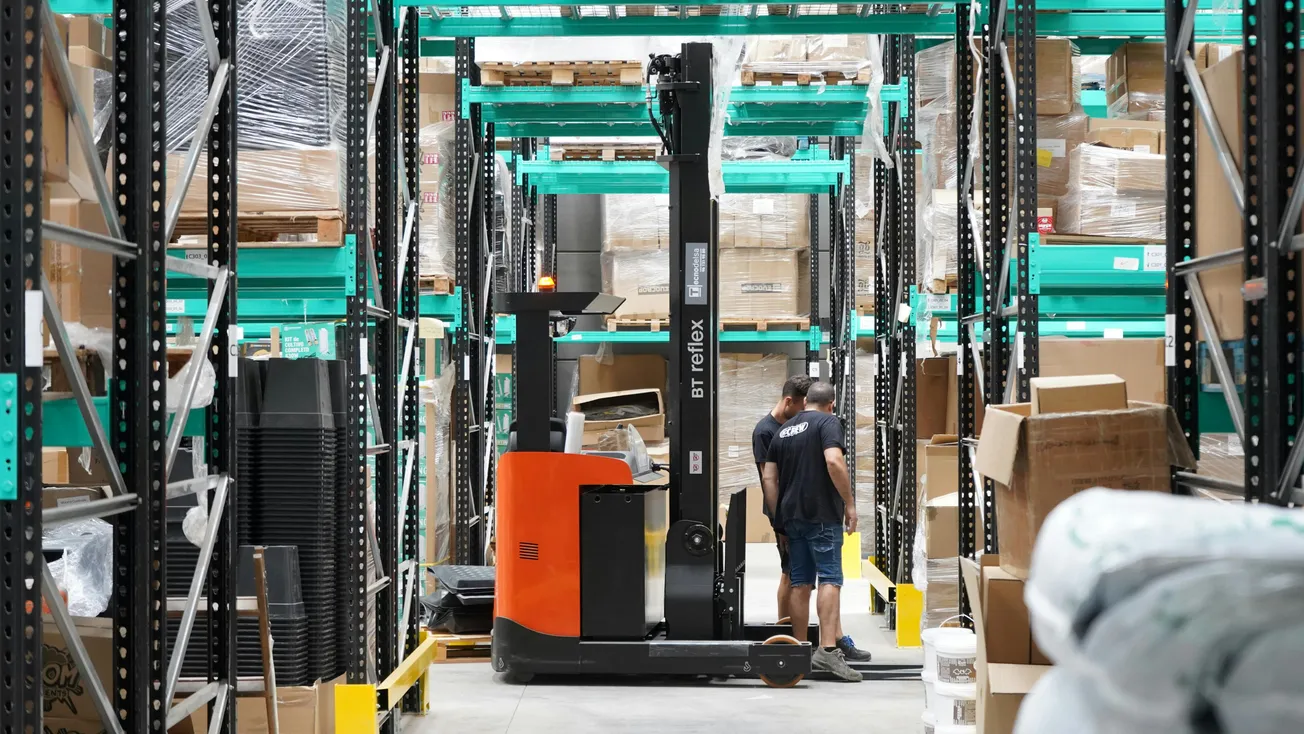Retailers in the grocery sector are facing a pivotal moment: buyers aren’t simply coming to the store anymore—they’re beginning their shopping journeys online, and grocers must meet them there.
The shift is not small. Research by FMI – The Food Industry Association and NielsenIQ found that more than 90% of U.S. grocery shoppers engage in both online and in‑store trips. In‑store shopping still dominates overall spend, but the digital component is rapidly growing and influencing nearly every trip.
Younger shoppers, particularly Gen Z and Millennials, are driving the change. They demand high‑quality mobile apps and seamless digital‑to‑physical experiences—such as list‑building, mobile price comparison and product discovery.
For example, Gen Z rates store‑app/website quality as a major factor in choosing where to shop.
For grocery retailers—especially regional chains or independents—the implications are two‑fold:
- Digital touchpoints matter: From mobile menus to social‑media‑driven product discovery and in‑aisle scanning, grocers must integrate digital tools into the physical store rather than treat them as after‑thoughts.
- Omnichannel becomes baseline: Retailers must ensure that online visibility, app usability, and in‑store execution are aligned. If a product appears online, it should be available locally; if a mobile coupon is delivered, it must work at checkout.
By embracing digital platforms, mobile loyalty, and seamless pickup/delivery models, they can differentiate from larger chains and meet consumers in the digital world where they increasingly spend time.









